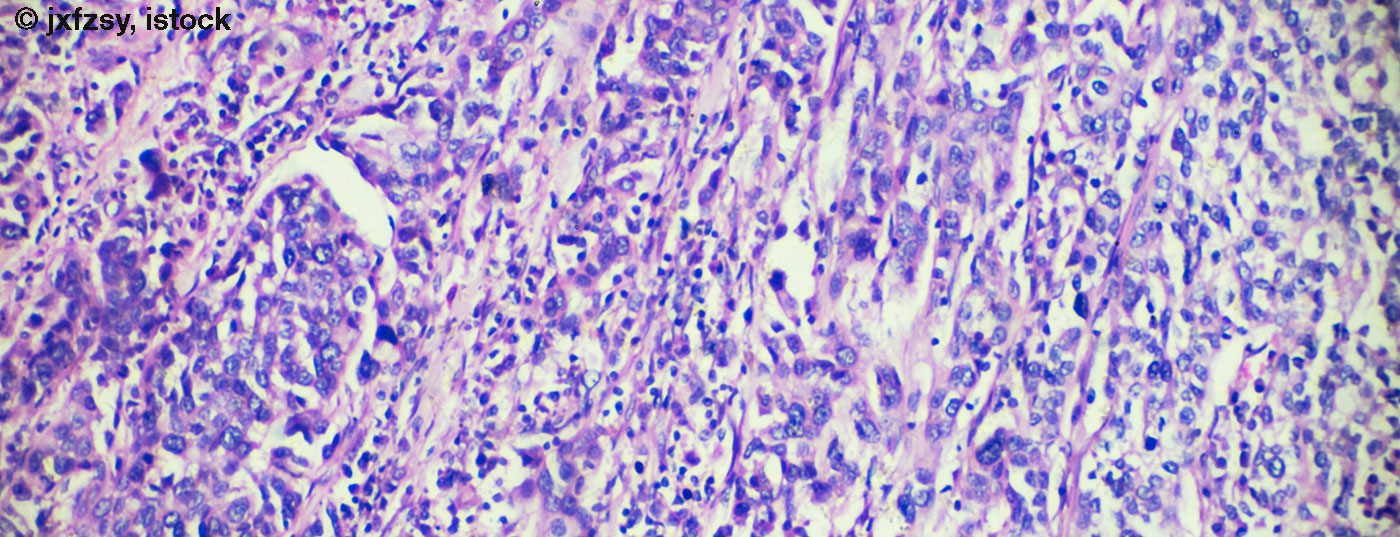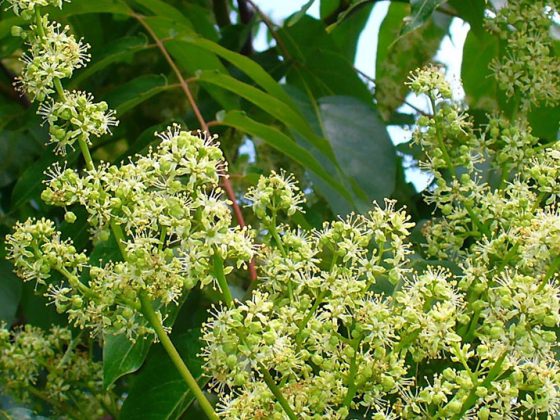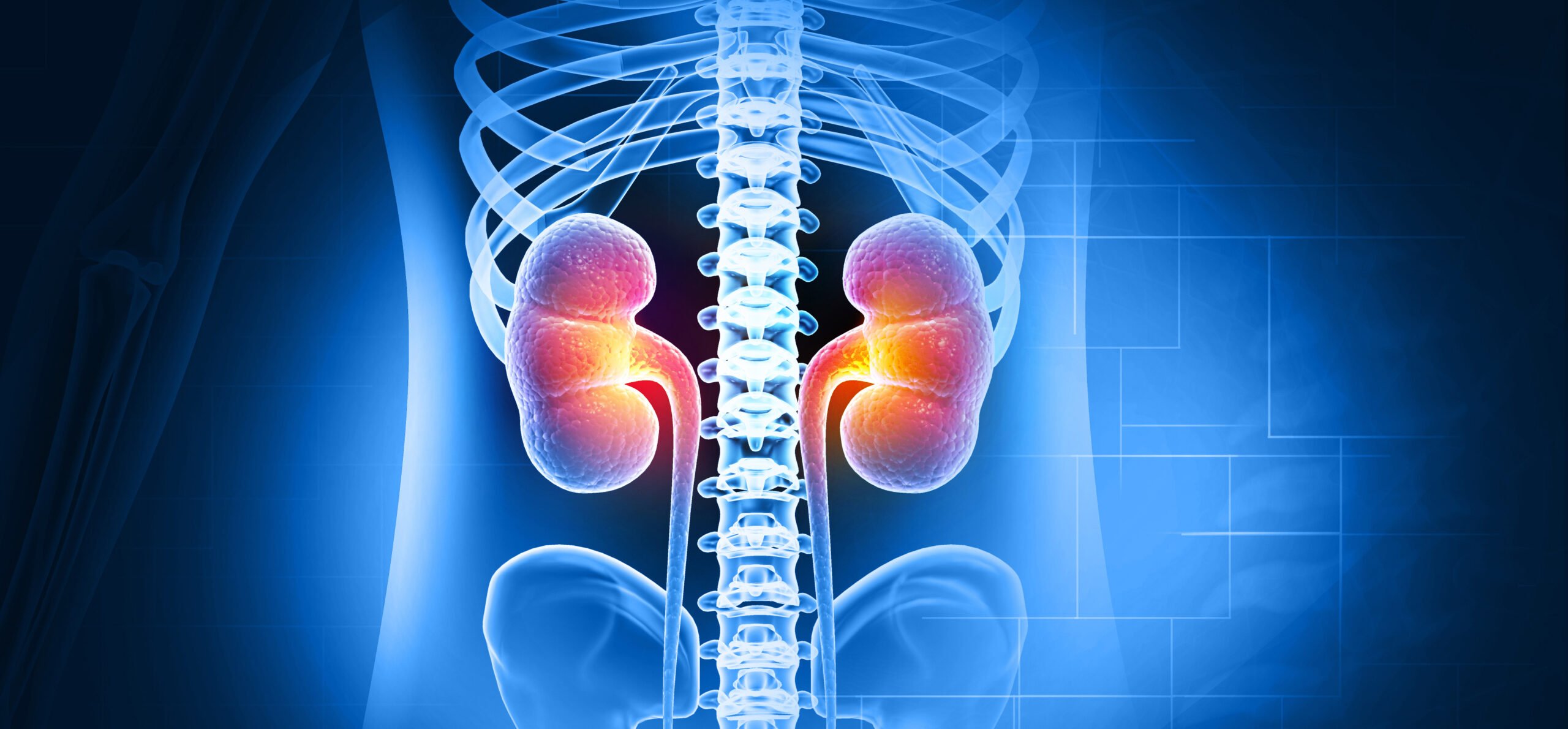Preliminary study results suggest that the addition of immunotherapy to conventional chemotherapy may improve progression-free survival in patients with advanced bladder cancer. Is a paradigm shift on the horizon?
In the largest study to date of advanced bladder cancer involving 1213 patients, the combination of chemotherapy and immunotherapy (atezolizumab) was shown to result in longer progression-free survival than chemotherapy alone (8.2 months vs. 6.3 months). In addition, patients in the combination group had an 18% lower risk of progression. However, this therapy regimen did not (yet) score well in terms of overall survival. Median overall survival in an interim analysis was 16.0 months for the combination and 13.4 months for chemotherapy alone (HR: 0.82; 95% confidence interval [KI]: 0.70-0.96). A trend in favor of combined treatment is evident. However, this is not yet statistically significant. However, for the first time, both platinum-sensitive and platinum-naïve patients were included in the study. The cisplatin-based treatment that has been used for years is associated with significant toxicities. In addition, not all patients are suitable for such therapy. Affected individuals with creatinine clearance <60 ml/min, hearing loss ≥2. Grade, a neuropathy ≥2. Grade, NYHA Class III heart failure, or ECOG status ≥2 are ineligible for cisplatin treatment. This affects about half of all bladder cancer patients. Accordingly, therapy management that improves chemotherapy is desirable.
Source: European Society for Medical Oncology (ESMO) 2019
InFo ONCOLOGY & HEMATOLOGY 2019; 7(6): 37 (published 12/10/19, ahead of print).











